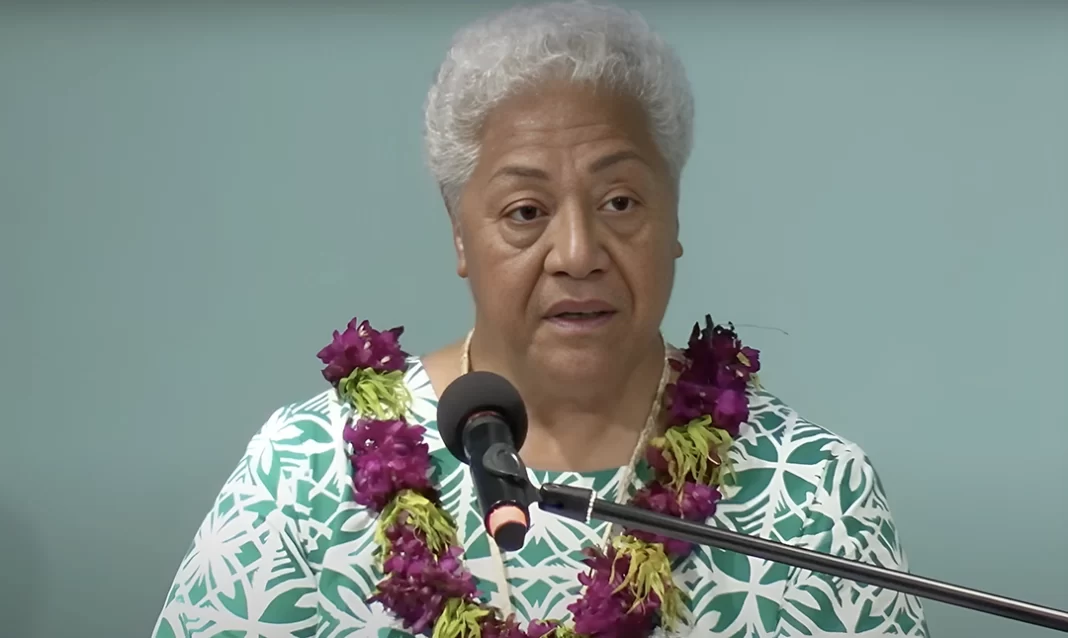Sāmoa Prime Minister Afioga Fiamē Naomi Mata’afa has officially launched the Pacific Academy of Sciences and welcomed its 12 Foundation Fellows in Sāmoa, including a University of Auckland scholar.
“Today’s challenges transcend borders,” Prime Minister Mata’afa said of the launch and naming of fellows at an official side event at the Commonwealth Heads of Government meeting (CHOGM) at the University of Sāmoa.
“They require international collaboration among scientists and experts of all disciplines to curate knowledge and scientific evidence that can inform public policy and guide our actions. The launch of the Pacific Academy of Sciences marks an important milestone in establishing a regional collaboration in the pursuit of knowledge for a prosperous and thriving Pacific Islands region.”
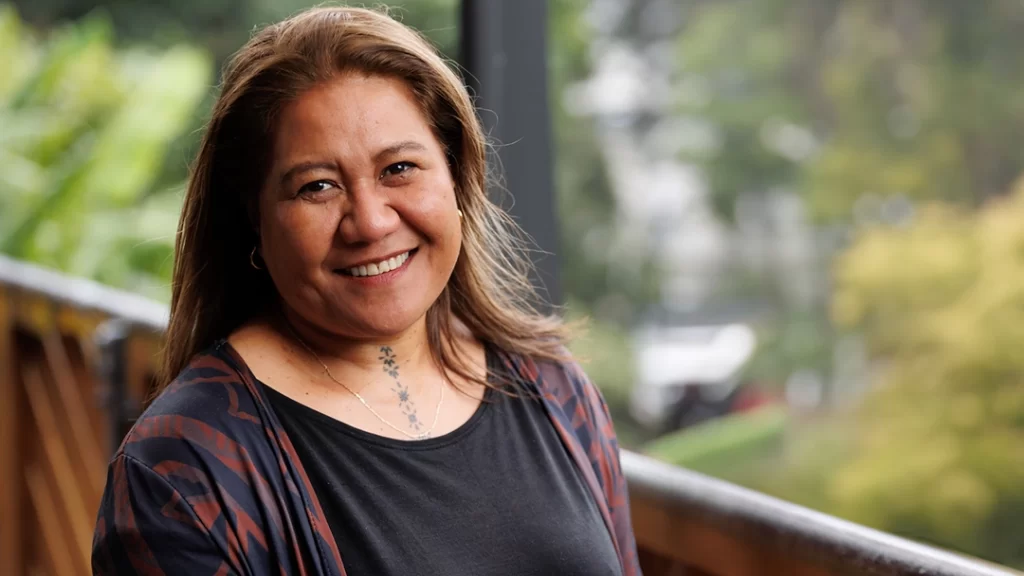
University of Auckland’s Pro Vice-Chancellor Pacific Professor Jemaima Tiatia-Siau has been named as one of 12 Pacific Academy of Sciences Foundation Fellows.
“It is such a great honour,” Tiatia-Siau said. “This is history in the making. Until now, the Pacific region had yet to establish an internationally recognised body of scientists. Now we have the opportunity to bring Pacific scholars together in order to grow generations to come, which can only be a positive development.”
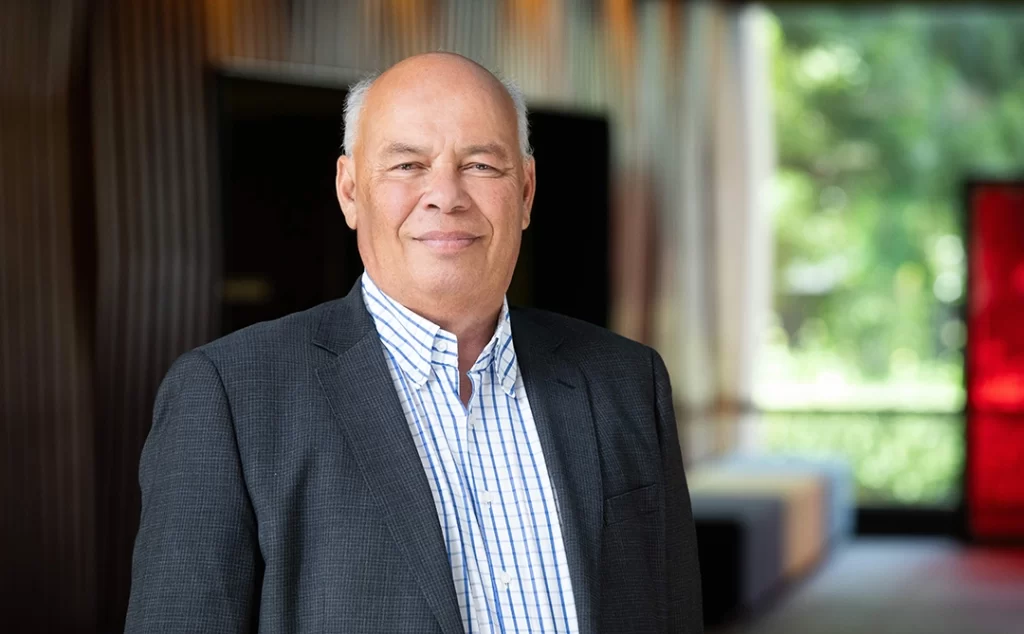
Earlier in the week she had been part of a panel discussing ways to prepare the next generation of Pacific peoples for the global challenges that lay ahead, such as climate change-induced challenges.
“The Pacific Academy of Sciences will certainly increase the visibility of Pacific-led research, and showcase our scholarly talent across the Pacific region in sciences and in academia. There are some specific challenges that are unique to the Pacific region, so there is huge potential and opportunity with the Pacific Academy of Sciences for our researchers to be impactful.”
University of Auckland Associate Professor Sir Collin Tukuitonga co-chaired the Pacific Academy establishment committee and has been a strong voice championing it. He congratulated all the Fellows.
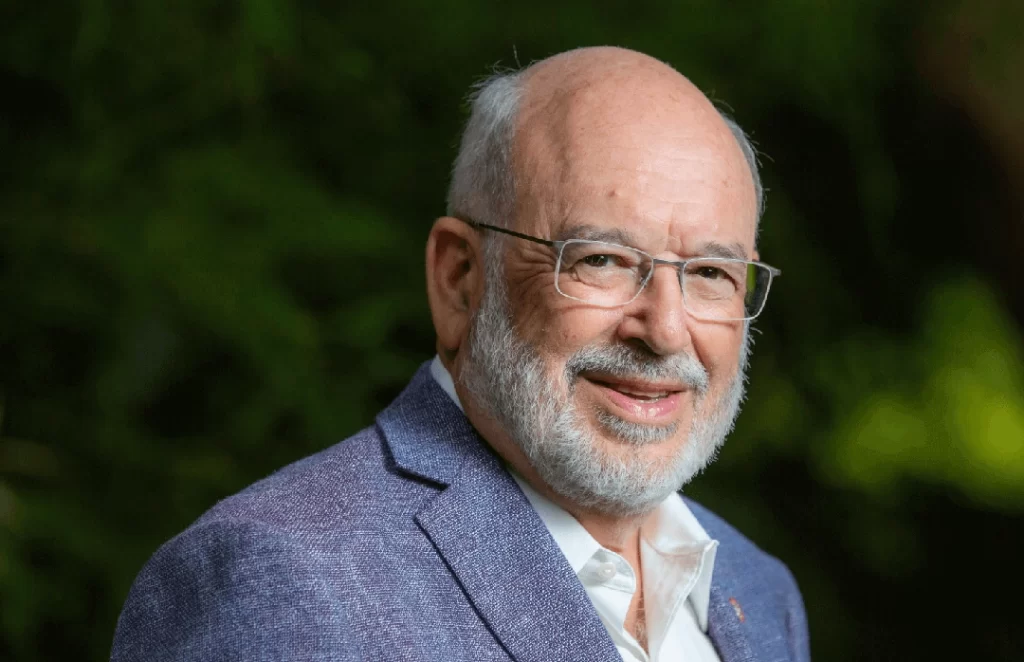
“This is a historic moment for Pacific scholars and for science. The Academy will enable and support opportunities for young people and contribute to decision making for the region.
“We want to thank the International Science Council, Australian Academy of Sciences and the Royal Society of NZ for their support.
“We also want to thank the National University and the Government of Sāmoa where the Secretariat will be based.”
International Science Council president Emeritus Professor Sir Peter Gluckman, director of the University of Auckland’s Koi Tū: The Centre for Informed Futures, is the first honorary fellow of the new Academy. He was the first speaker to take to the podium at the launch, congratulating and welcoming the fellows into the Pacific Academy of Sciences.
Sir Peter says initial attempts to garner interest in an Academy for the Pacific were unsuccessful. However, in his role as ISC President he approached Sir Collin Tukuitonga and Professor Teatulohi Matainaho to explore the need and value for an academy.
He thanked Atsushi Sunami, President of the Sasakawa Peace Foundation, the Lounsbery Foundation who responded so positively and the Australian Academy of Sciences, the ISC’s regional focal point supported by the Australian government for their commitment.
Sir Peter told the new Foundation Fellows: “As president of the ISC I can assure you we truly welcome you into the fellowship of academies and global scientific bodies. We want you to bring a strong Pacific voice to global scientific issues.”
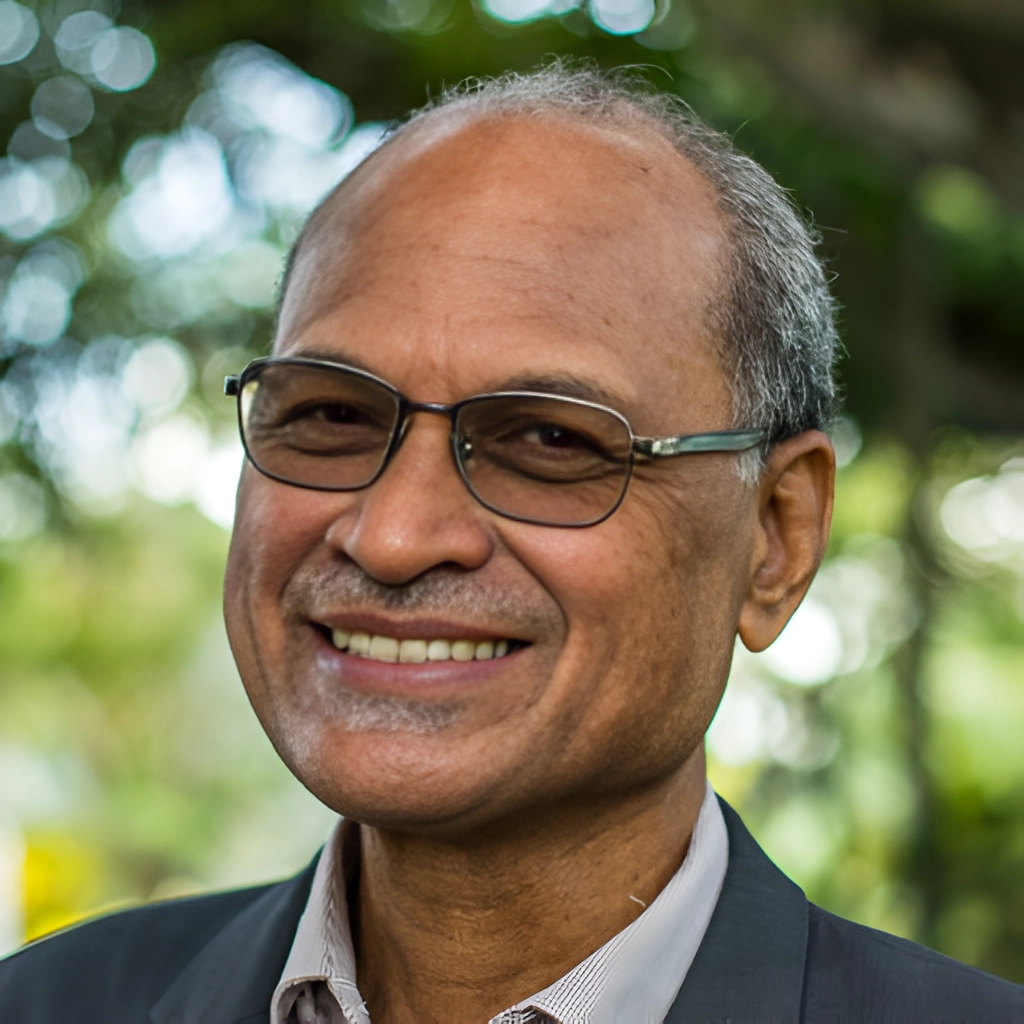
The Pacific Academy of Sciences promotes the study and application of natural and social sciences, the humanities, Indigenous knowledge systems, and technology, for the benefit of the Pacific region and beyond.
The 12 eminent Pacific scholars were elected to lead the Academy to deliver on its purpose. Foundation Fellow and newly appointed Pacific Academy of Sciences President, Professor Teatulohi Matainaho from Papua New Guinea, highlighted the opportunities that an Academy would create for young scientists in the region.
“The Pacific Academy of Sciences will support our young people with their career development in the Pacific for the Pacific by providing mentors and building collegiality with peers regionally and globally,” Professor Matainaho says.
Established as a charitable trust to be based in Apia in Sāmoa, the first meeting of the governing council (trustees and Foundation Fellows) will be held after the launch.
“I offer my warmest congratulations to the newly elected Foundation Fellows who have the important and historic opportunity to advance the Pacific Academy of Sciences and give voice to science in and from the Pacific Islands,” Prime Minister Mata’afa said.
“Now, more than ever before, the Pacific Islands has a mechanism to draw on its rich and unique knowledge of our region and its people to positively influence global decisions.”
The launch of the Pacific Academy of Sciences has been facilitated by the National University of Sāmoa and the International Science Council Regional Focal Point for Asia and the Pacific, led by the Australian Academy of Science with the support of the Royal Society of New Zealand Te Apārangi and Sasakawa Peace Foundation.




